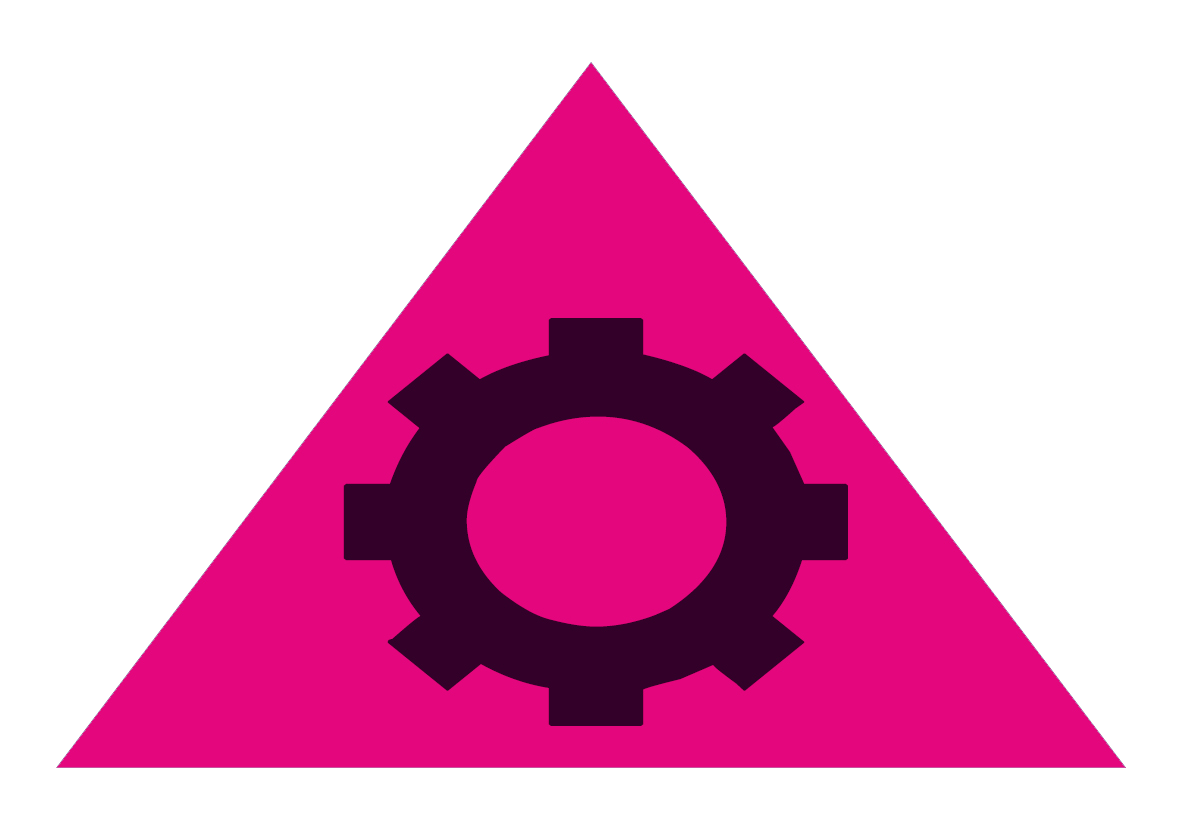Powered by passion
You must have been in a situation in which you overestimated yourself. If you have never experienced this feeling, you should adjust your risk barometer and ask yourself: “Do I really dare to push my boundaries?”
Well, I was once talked into becoming the chairman of a basketball club (28 teams) with noble objectives and a strong strategic plan.
One of the main targets (in the short term) was to promote the ladies’ team, with limited means and only an in-house training education, to the national first division.
According to my children, all 4 of them play basketball, I know as much about basketball as I do about quantum physics. That is why I felt drawn to improve the ‘framework conditions’. For the sportive responsibility I could count on a sportive cell with professional skills. For all organisational matters I could also rely on some very skilled people. The challenge to prepare the club for the national first division and to build a well-organised team seemed an attainable objective.
The short-term objectives, to lead the ladies’ team to the national first division and putting in place the right legal structure, were fairly quickly achieved. Free from false modesty, I can say that good process was made on several other levels too. Yet, there was no shared enthusiastic reaction. The managing directors and members of the sportive cell formed no tight team and tensions remained alive under the surface. Consequently, the long-term objective was not achieved.
I have drawn lessons from this failure, lessons that are still very useful in my current professional environment.
YOU NEED MORE THAN JUST A STRATEGY
Of course a strategic plan and necessary talent are indispensable to succeed, but the foundation of every long-term success begins with a clear mission and vision, clearly defined company values and a healthy corporate culture. Peter Drucker formulated the ratio of strategy to culture as follows: "CULTURE EATS STRATEGY FOR BREAKFAST"
A clear mission is necessary in order to give an answer to some fundamental questions. Why am I doing all these efforts? What dream am I trying to realise? Is it in a way also my dream?
Once the mission is stated and leaves no longer room for interpretation, the goal is to gather skilled people who carry the mission in their hearts. This goes beyond just accepting the mission.
If you want to establish a strong team in which each member would stick up for one another, you need one absolute condition that needs to be met. Each team member should feel equal. Equal meaning ‘of equal value as an individual’, independent of the role within the team and valuable in order to achieve the goal.
We come from a time where most organisations looked like an army with generals and soldiers, organisations with a top-down management and pyramidal organogram, where each right of decision lied with the top-management and the employees were used to carry out those decisions. This organisational form, at the time and in certain circumstances, proved its services but if the zeitgeist changes, the organisational form should adapt to it. With enforced, strategic decisions, there is a significant risk that the employees do not understand those decisions nor feel involved in them. What follows is a lack of commitment that is likely to impede your objectives, no matter how competent your employees are. As a consequence, one will feel not (or too less) appreciated and so insufficient responsibility will be taken. This absence of team spirit could not only lead to a drop-out but also to a mere focus of one’s own mission within the big organisation. In the latter case one will still notice a hard working environment but one where people work alongside each other. An employee aiming for personal success is in the long run harmful for a team. But, there is an alternative.
HOW CAN A TEAM SURPASS ITSELF?
Antoine de Saint-Exupéry once beautifully summarized the right spirit to work “together”. He wrote:
“If you want to build a ship, don’t drum up the men to gather wood, divide the work, and give orders. Instead, teach them to yearn for the vast and endless sea.”
By this, Antoine did not mean that competences are of no importance at all. He alluded to other values of equal importance, namely passion, commitment and a sense of solidarity. Can I identify myself with the mission and the company values? Are we working towards the same dream?
A dynamic flow can be instigated when this common dream sounds clear to everyone and corresponds to the personal values. This particular flow leads to stable commitments on the long-term and eagerness to achieve common goals. Overarching “thinking skills” will be stimulated instead of contained when everyone is equally appreciated. A goal-oriented approach is triggered rather than a task-oriented one. This is also an environment in which R&D is not perceived as a division but rather seen as an attitude. So a foundation is laid to build further and to think and work in a cross-company approach.
But most importantly, a team is only able to surpass itself once all members would go through fire and water for each other. Make no mistake, it seems simple but it is far from that. It is an extremely difficult task but …
have the passion, take the action and (maybe) magic will happen....

